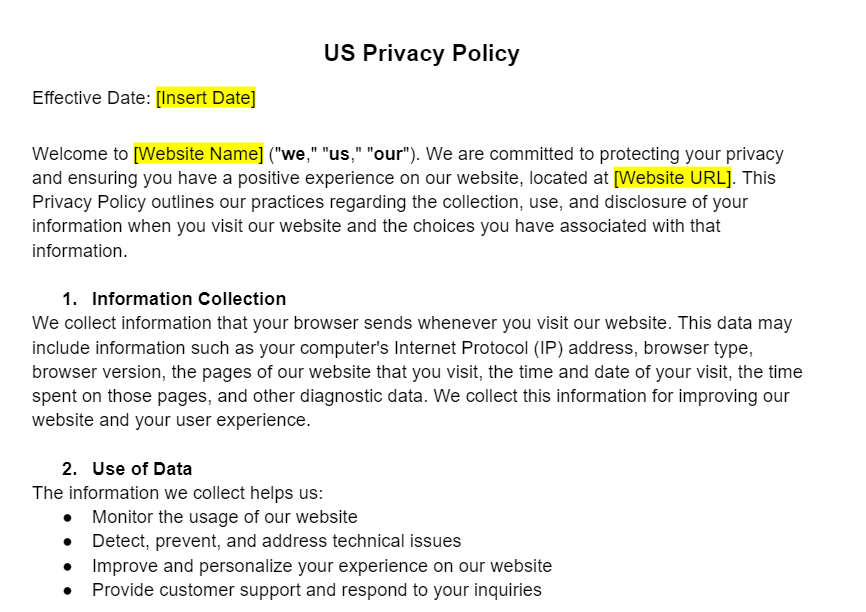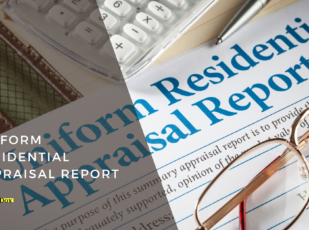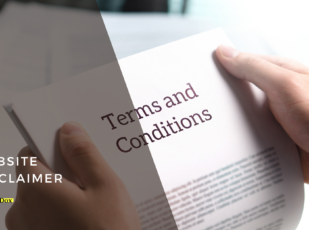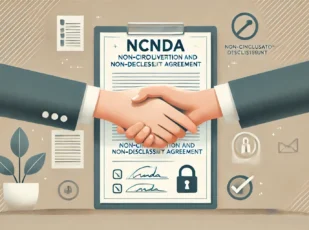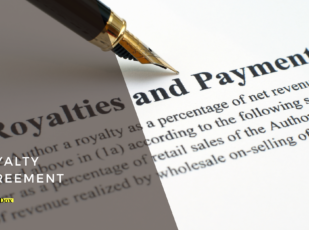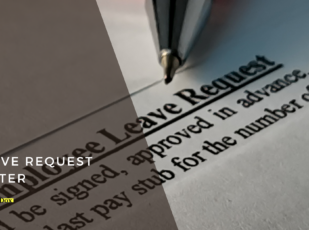
Privacy Policy Template for US Websites
16 Downloads
Corporate, IT and Media
December 8, 2024
Sayantani Dutta
GDPR, CCPA, and a bunch of other acronyms specifying laws from all over the world—how do you even start writing the “correct” privacy policy? Over the years, privacy has taken the center stage. The Internet has brought the world together and with a rise in population, increase in smartphone sales, and better access to faster internet in all pockets of the world, privacy laws have naturally tightened over the years.
Whether you are running an ecommerce platform where you collect information such as address and contact information or a blog where your users need to make an account to leave a comment, privacy laws such as the California Consumer Privacy Act (CCPA) or the General Data Protection Regulation (GDPR) in Europe have made it mandatory for businesses and individuals to have a website privacy policy. More importantly, they need their own privacy policy tailored for their users, because boilerplate, free privacy policy templates might be leaving out a lot of stuff that can open your website up for litigation.
Ensuring your website complies with the United States’ privacy laws is more crucial than ever. Data protection in the US is markedly different from other parts of the world, with specific regulations such as the CCPA setting the standard for privacy policies. This is a complex legal terrain by all means—one that websites and businesses operating within the US need to pay a lot of attention to.
Every website needs a custom, tailored privacy policy to meet these stringent requirements. In this article, we will introduce a privacy policy template designed for compliance with US privacy laws, including the CCPA, to safeguard your business and maintain user trust.
Understanding US Privacy Regulations
The US does not have a federal privacy law that applies to all states; instead, it has a patchwork of state-specific and sector-specific laws, with the CCPA being one of the most comprehensive. The CCPA, applicable to California residents, grants consumers rights concerning their personal information, imposing obligations on businesses regarding data collection, processing, and protection.
Although other states are also considering or enacting similar laws, the CCPA remains to be the #1 law to optimize for right now. And even if new states release privacy laws in the near future, they might be similar to the CCPA. Once you have a CCPA-adhering privacy policy, it might work for other states in the future as well.
A robust US privacy policy law has a few key ingredients:
- Information Collection and Use: First of all, you need to state what information is being collected. Some information is collected to improve the functionality of the website itself, such as technical data about the browser. Some websites also gather personally identifiable information to improve their ad campaigns. Others need to ask for details such as the phone number to facilitate ecommerce transactions or 2FA authentication. Your policy must mention all forms of the data being collected and their use.
- Consumer Rights under the CCPA: You also need to clearly explain the rights of consumers, including the right to access, delete, or opt-out of the sale of their personal information. It is required by law to be stated openly in the privacy policy.
- Data Sharing and Disclosure: The policy should also specify whether any personal data is shared with third parties and under what conditions. Examples of third-party services include Google Analytics, Facebook/Meta Pixel tracking code, etc. Good privacy policy examples will also include information on how the information shared with these third-party services affects them while linking out to the relevant privacy policies of those services.
- Data Security and Protection: Lastly, your privacy policy should also describe the measures taken to protect personal information from unauthorized access or disclosure. The privacy policy is a legal document and must be bulletproof. And you cannot make it bulletproof without specifying how you are protecting user data from unauthorized use.
Note that additional specific considerations might also be required. For example:
- If you have service providers like live chat bots, they might have their own privacy policies. You will need to clarify their use and link to their policy from ours.
- In other instances, you might want to look at the California Online Privacy Protection Act (CALOPPA) and see how you can collect data and disclose your collection efforts.
- Your privacy statement should also identify all sources by which you collect personally identifiable information (PII) such as the user’s IP address that can be used to roughly geolocate someone.
- If during the checkout on your website, you capture additional information for retargeting or remarketing purposes (to tackle abandoned carts on your Shopify store, for example), then you also need to disclose what is being collected and how, like information such as click hot zones and how they are tied to each user’s device or agent.
- You also have the legal obligation to take a closer look at the Children’s Online Privacy Protection Act (COPPA) if your website collects information from those under 13 years of age (online toy stores or education resources, for example).
Basically, the types of data you collect and how you use the data determine the true extent and comprehensiveness of your privacy policy in the US.
Tailoring Your Privacy Policy for US Compliance
Creating a compliant privacy policy for the US on a sound legal basis is mandatory for all websites. Your policy document must talk about the privacy practices and security measures that you have in place. A comprehensive privacy policy that outlines your data processing, retention, and usage terms transparently is your best friend in a legal case.
Given the diverse privacy legislation landscape in the US, a generic privacy policy is insufficient. Your policy must be specifically crafted to comply with applicable state laws and sector-specific regulations. It should be transparent, user-friendly, and easily accessible on your website. Above all, your privacy notice must help users understand their rights and how their data is handled. This is a legal requirement and your responsibility as well.
If you are sharing credit card information from your customers to a third-party, for example, then it is not sufficient to just mention this as one of the clauses in your privacy policy. You should take additional steps to encourage users to seek out this information on their own—and make the user experience of accessing such information very easy.
Ultimately, a privacy policy for a website in the US must incorporate provisions for the CCPA and other relevant laws such as COPPA. This is important to ensure legal compliance but it also demonstrates your commitment to protecting the privacy of your users or customers. In fact, the privacy policy page is one of the key signs to display trust.
If you think you are using complex tools, integrations, and tracking code, then it is your duty to simplify all that stuff and help users understand. Maybe, you will need to have frequently asked questions in your policy for this purpose. It is not rare to find a dedicated FAQ section on a good privacy policy.
Whether you are a small business publishing articles on a topic or a large company with multiple payment processors that captures various forms of payment information from thousands of customers every day—you need to do your due diligence for your website visitors and make sure that privacy policy page is visible on the website footer, includes all relevant information, and clarifies how data is collected and used by your business or website.
A comprehensive and tailored privacy policy improves your brand’s reputation and builds trust with your users too.
Customized Privacy Policy
Customized privacy policies have become the cornerstone of a website’s online presence. These can tackle unique disclaimers, data privacy and use concerns, and the treatment PII for your users. You need to pay attention to the CCPA, COPPA, regional laws of other states, and any other Federal regulation. If you are serving users from Canada, also add provisions as per the Canadian Personal Information Protection and Electronic Documents Act (PIPEDA).
Additionally, a customized privacy policy reassures users that their data is collected and used responsibly. It is important for transparency and trustworthiness reasons. Such a well-drafted privacy policy protects your business from potential legal challenges and penalties associated with non-compliance.
So, how do you make one? Well, as it turns out, we have a more sophisticated tool than your free, run-of-the-mill privacy policy generator or online sample privacy policy template. We can help you create detailed, specific, and custom privacy policies with the relevant legal advice!
How? Let’s find out.
Streamline Compliance with FreshDox.com
Drafting a privacy policy that meets all US legal requirements can be a challenging and time-consuming task. We understand that. That is why here at FreshDox.com, we offer a streamlined solution with our extensive library of legal document templates, including privacy policies tailored for US websites and businesses; as well as US-based businesses that serve customers and users from other parts of the world, such as Canada, the EU, and Australia.
Our templates are designed with compliance in mind, covering key aspects such as the CCPA, to ensure your website meets legal standards. The best part? You can customize them based on what you collect and how you process data!
So, join FreshDox.com today to gain access to high-quality, customizable templates drafted by legal professionals who know privacy laws in the US in detail. These templates are available in both PDF and Word formats, so you can save your time.
With a 14-day trial period, explore the benefits of our Basic and Premium Plans—Basic Members can download up to 3 templates per month, while Premium Members enjoy unlimited access, making FreshDox.com an essential resource for any website owner or business operator in the US.
Now, you can say yes to compliance with confidence! Join FreshDox.com today. Our user-friendly templates empower you to create a privacy policy that not only meets legal requirements that are relevant to your business, but also reinforce your commitment to user privacy and data protection.
Popular searches:
- Privacy Policy Template for US Websites pdf
- Privacy Policy Template for US Websites sample
- Privacy Policy Template for US Websites download
- Privacy Policy Template for US Websites format
- Privacy Policy Template for US Websites template
- Privacy Policy Template for US Websites word
- Privacy Policy Template for US Websites free
Related Templates
Discover more templates that align with your needs and preferences.

Ready to Sign Up?
Sign up for FreshDox.com’s 7-day trial and discover why so many individuals and businesses trust us for their legal document template needs.
- Cancel any time
- 7-day free trial
- From 300+ Customer Reviews

